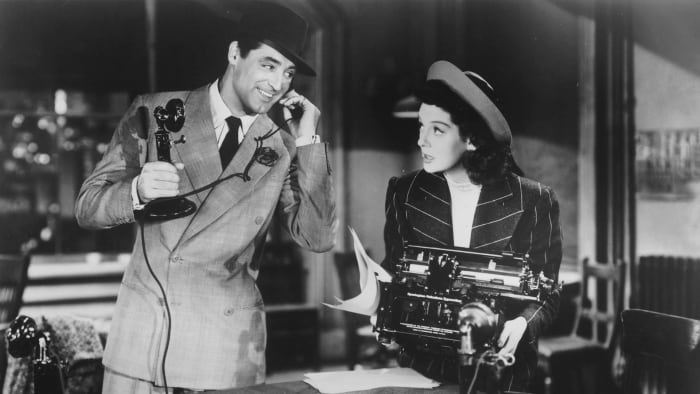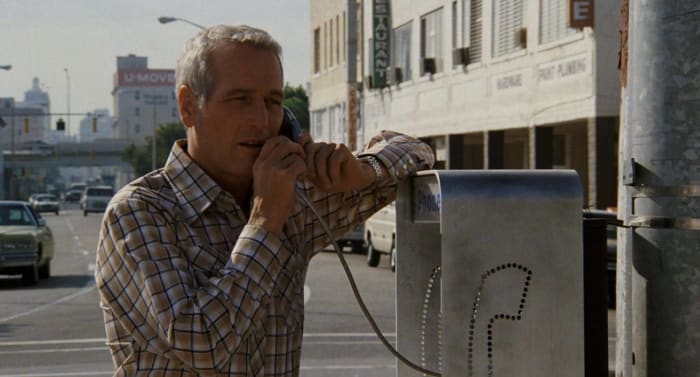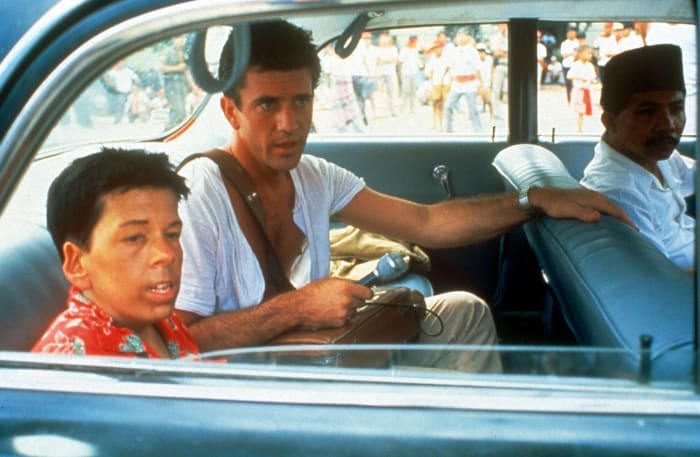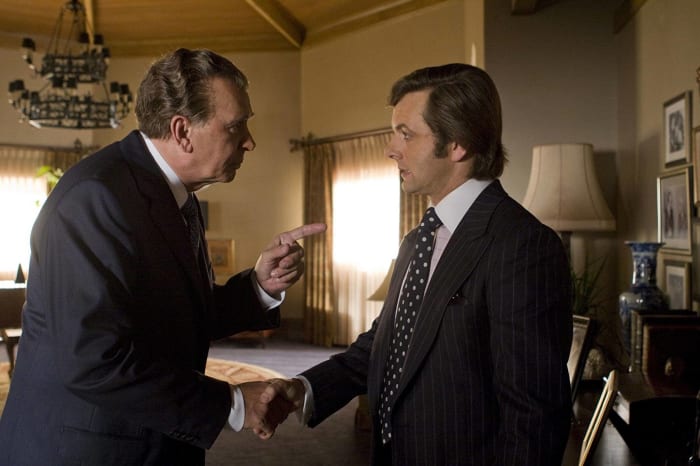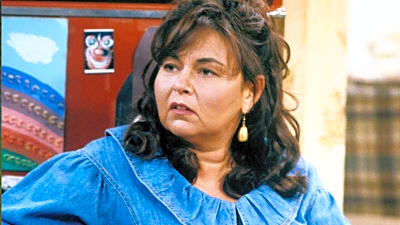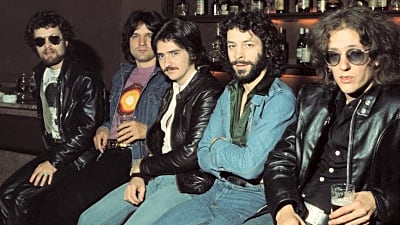x

Getty Images
Press play: The 25 greatest journalism films
No one enters the field of journalism expecting to make a fortune. Like many artistic endeavors, it's a calling — and the craft of reporting is absolutely an art. Actors have to learn how to listen, directors have to understand perspective and musicians have to nail down a hook. Reporters have to excel in all of these areas. And so on the 20th anniversary of perhaps the greatest film about journalism ever made, Michael Mann's "The Insider," let's take a stroll through the past and celebrate the best films about an underappreciated yet vital profession.
More must-reads:
- 20 A-list actors who squandered their goodwill with poor project choices
- 20 awesome 80s movies you probably haven't seen in some time
Customize Your Newsletter
 +
+
Get the latest news and rumors, customized to your favorite sports and teams. Emailed daily. Always free!
